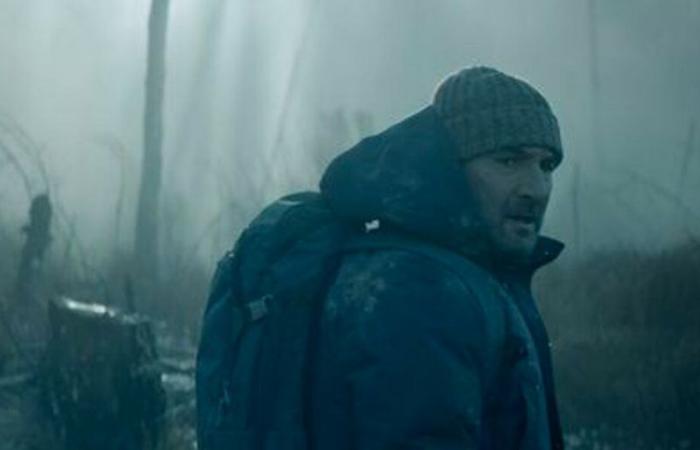Broadcast this Sunday October 13, 2024 at 9:10 p.m. on France 2, Kompromat drags Gilles Lellouche into a terrible spiral, despite himself. A thrilling chase inspired by a true story and not without substance.
“This film and these characters are very freely inspired by real events”. The wording of the introduction card Kompromat – this practice aimed at destroying the reputation of a personality by disseminating compromising documents fabricated by the Russian secret services (FSB) – is extremely important. Yes, he broadly draws his scenario from the dramatic story of Yoann Barbereau, director of the Alliance Française in Irkutsk (Siberia) falsely accused of pedophilia. Arrested in 2015 in front of his daughter and his wife, he was imprisoned, tortured, interned, then placed under house arrest. Heavily condemned, he chose to escape the country to reach France on his own.
Jérôme Salle, director specializing in thrillers
As a specialist in the genre, Jérôme Salle, also director ofAnthony Zimmer et Largo Winchhowever, distances itself from reality to construct a gripping thriller. Here, no Yoann Barbereau, the hero is renamed Mathieu Roussel. A few minutes and the terrible gears of Kompromatbroadcast Sunday October 13, 2024 at 9:10 p.m. on France 2, gets underway. Like the protagonist, the viewer is left breathless. The embrace around this lonely man never really relaxes, even growing in a crescendo as the Russian vise tightens. The first part of the film and its numerous flashbacks provide context and effectively trace the contours of Mathieu Roussel’s complicated personal life. The second takes on the appearance of the classic The Fugitive.
Mathieu Roussel, alias Gilles Lellouche, in the middle of a cultural divide in Kompromat
In a style other than Harrison Ford, Gilles Lellouche shines in the guise of this Mr. Everyman caught in this formidable machination. His lovely relationship with Svetlana, a former professor at the Alliance Française played by the talented Joanna Kulig, brings depth to the protagonist. The many careful secondary characters tell the story of a Russia bruised and fractured by its institutions and its politics. And above all a country with a cultural gap with France, which Mathieu Roussel is precisely responsible for promoting. In an intense scene, the hero then begins a list of reasons for this kompromat: “because I don’t like hunting, because I like watching shows where two men kiss, […] because they hate what I am”. Without really knowing why.






